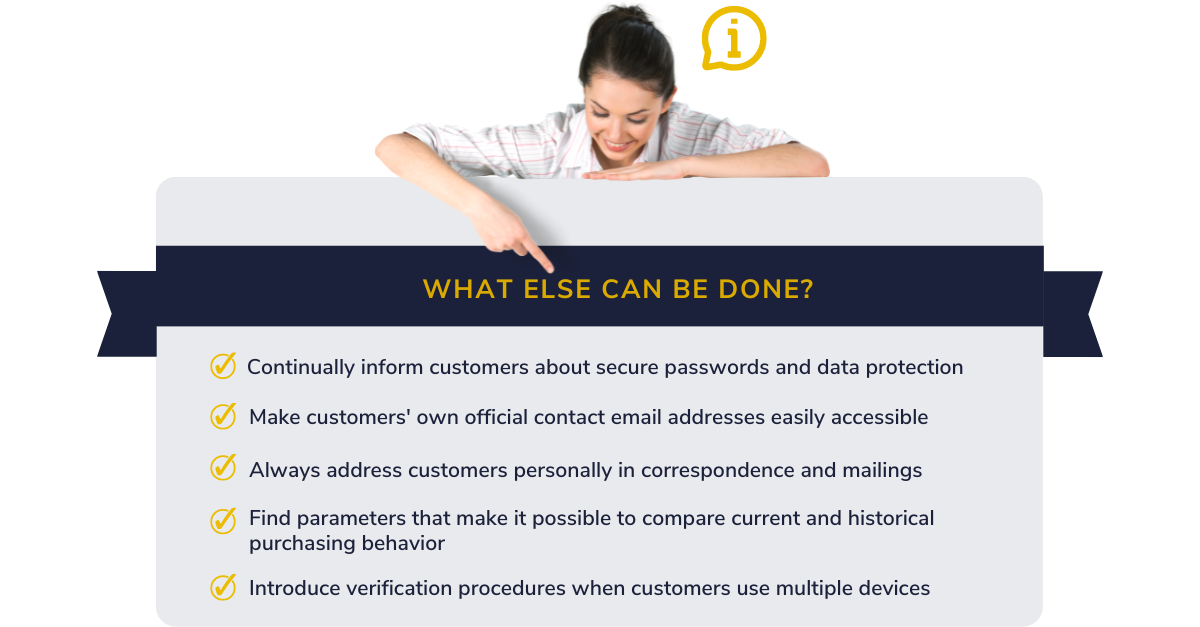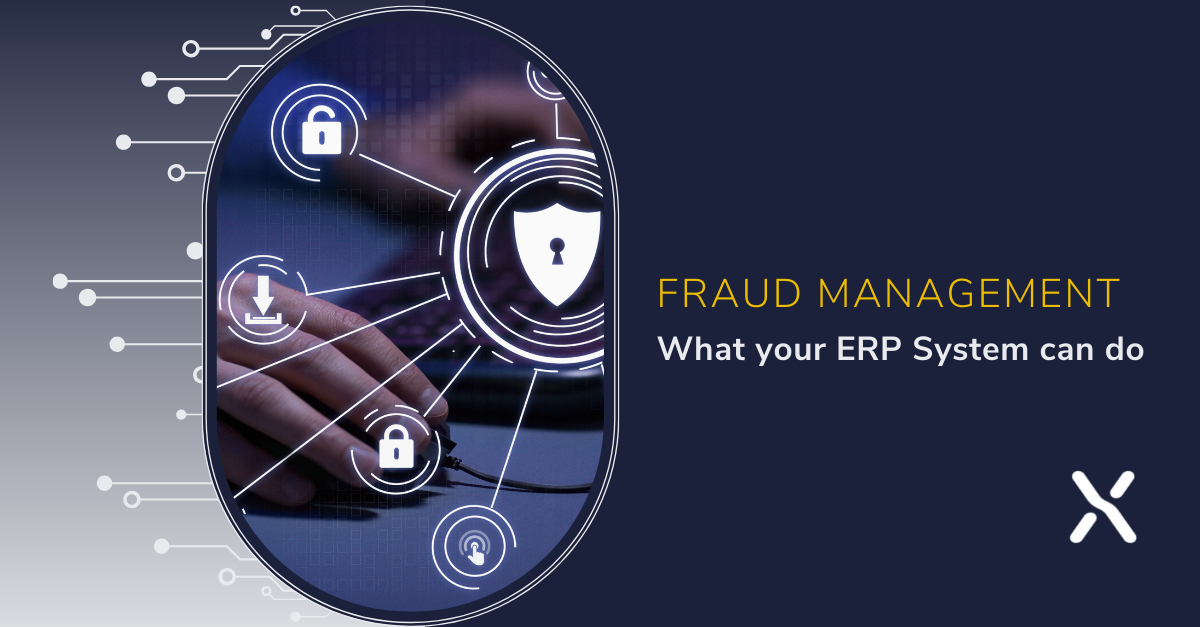Did you know that almost every online retailer has had to deal with fraud attempts? To prevent losses, 85% of e-commerce companies want to invest in special fraud management software solutions. The good news is much of what they can do, your ERP solution already covers!
Over one billion euros – that’s the amount of damage caused by fraudulent online shoppers in Germany alone in 2020. Three out of every hundred orders were placed by fraudsters. And the trend is rising.
If you are now planning to purchase fraud management software to prevent fraud, you should first put your ERP system to the test. Because generally, this also offers a whole range of options for preventing fraud. After all, 77% of all companies with over 250 employees in Germany were already using an ERP solution in 2019.
What your ERP system can do
In the ERP system, the parameters for order blocking can be expanded as desired. For example, orders can be scanned for the following criteria:
– Suspicious e-mail addresses, for example, according to geographical criteria.
– Suspicious addresses indicating packing stations or in streets, houses or districts with a high fraud rate
– Selection of purchase on account
– Placing several orders by the same customer in quick succession
– Comparison of previous payment behavior of the ordering party
Individual parameters can be stored for each channel, so that, for example, different rules apply to customers in country A compared to those in country B.
If one or more parameters indicate an order block, the system automatically blocks the order. Each fulfilled parameter represents a separate order block. The order is not released for processing until a responsible employee has manually removed the block.
But the ERP system itself can also remove blocks. For example, in the case of orders with advance payment: the system independently determines the receipt of payment and then removes the block.
An important prerequisite for this
is the definition of suitable parameters and the training of several employees with regard to the subsequent processes that follow an order block triggered by the system. Only then will they be able to evaluate orders correctly and cancel them if necessary. In the latter case, the ordering party is informed of the cancellation by e-mail.
On interactive dashboards, the responsible employees can view the held orders in real-time and, if necessary, manually lift the order block.
In any case, action is important. Because without countermeasures, fraud cases are continuously on the rise, especially if they involve systematic and professional fraudsters. But in view of the current overall economic situation, individual cases are also likely to increase – cases in which customers order goods without being able to pay for them.

